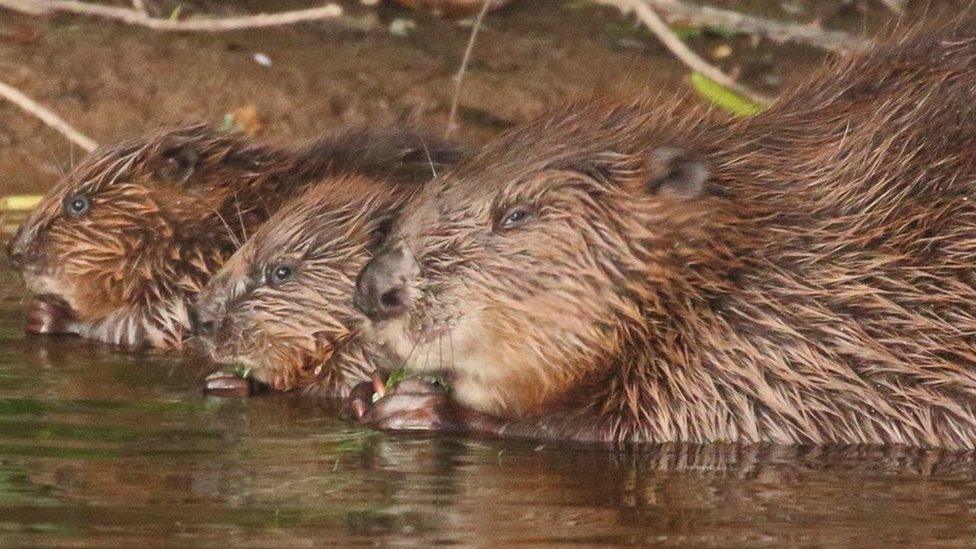Re-wilding: Plans announced for reintroducing beavers to UK
- Published
- comments
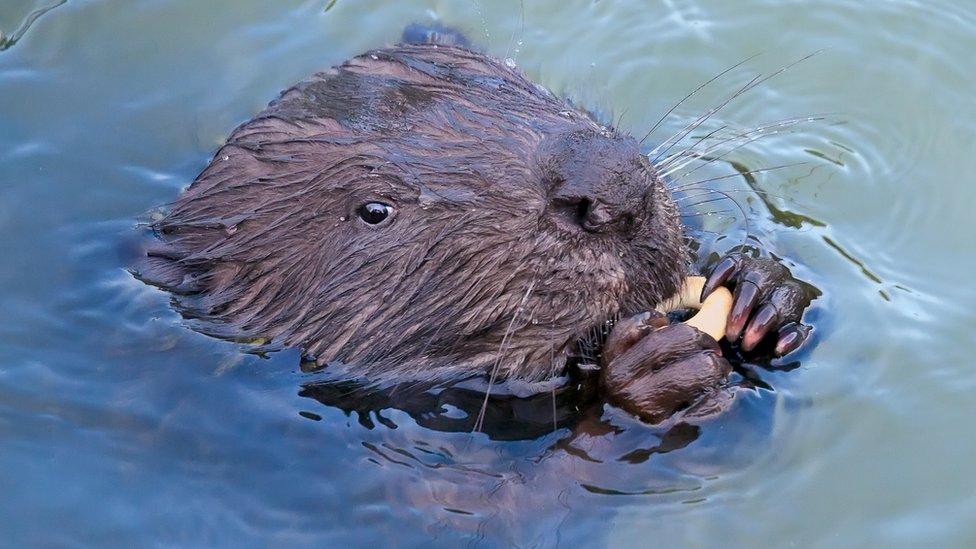
Beavers were once native to Britain but were wiped out 400 years ago
Plans to reintroduce more beavers into the wild in England have been announced by the government.
The proposals would mean the "cautious" return of the semi-aquatic mammals to rivers as well as existing wild populations being managed too.
Beavers would also be given legal protection in England which would mean it would be a criminal offence to deliberately capture, disturb, injure or kill them, or damage their breeding sites or resting place.
People are being asked for their thoughts on the ideas as part of a 12-week consultation by the government's Environment Department (Defra).
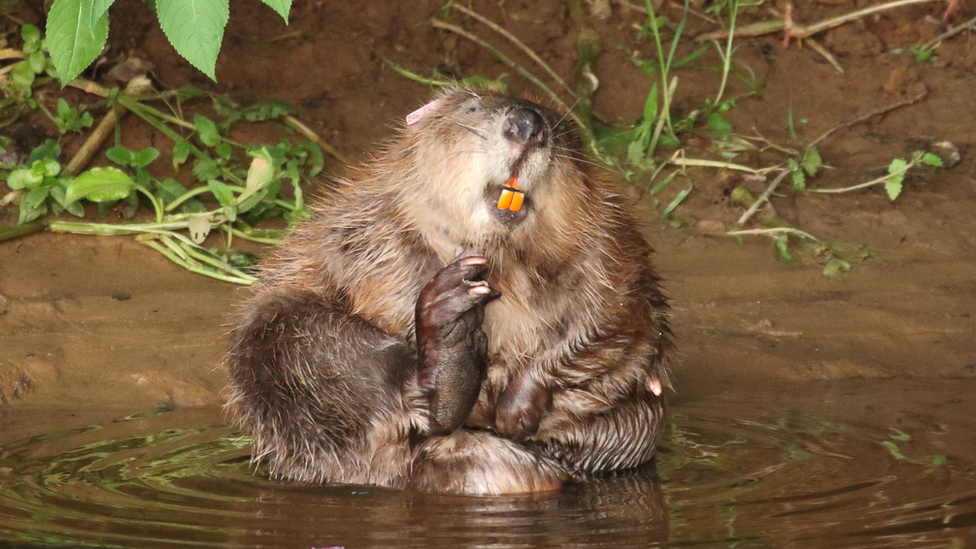
A female beaver, having a good scratch ... She was one of the first in England to be born in the wild
Although the species was hunted to extinction in Britain in the 16th century (people wanted their fur, glands and meat) they have already returned in parts of England.
Beavers can be found wild on the River Otter in Devon after a successful official trial reintroduction. They can also be spotted on other rivers too because of illegal releases or escapes.
They have also been introduced into enclosures in a number of English counties to help manage flooding and create habitat for other wildlife.
We are committed to providing opportunities to reintroduce formerly native species, such as beavers, where the benefits for the environment, people and the economy are clear...But we also understand that there are implications for landowners, so we are taking a cautious approach to ensure that all potential impacts are carefully considered.
How would the reintroduction work?
People wouldn't just be able to release beavers into the wild under the plans.
Licenses (giving formal or official permission) would be needed and they'd have to meet certain criteria, for example having local backing and ensuring support for landowners and river users.
They'd need to show that a comprehensive assessment had been undertaken looking at the potential impacts on surrounding land, waterways, infrastructure, habitats and species.
Government conservation agency Natural England would play a key role in licensing releases and managing beavers.
The debate - does everyone think it's a good idea?
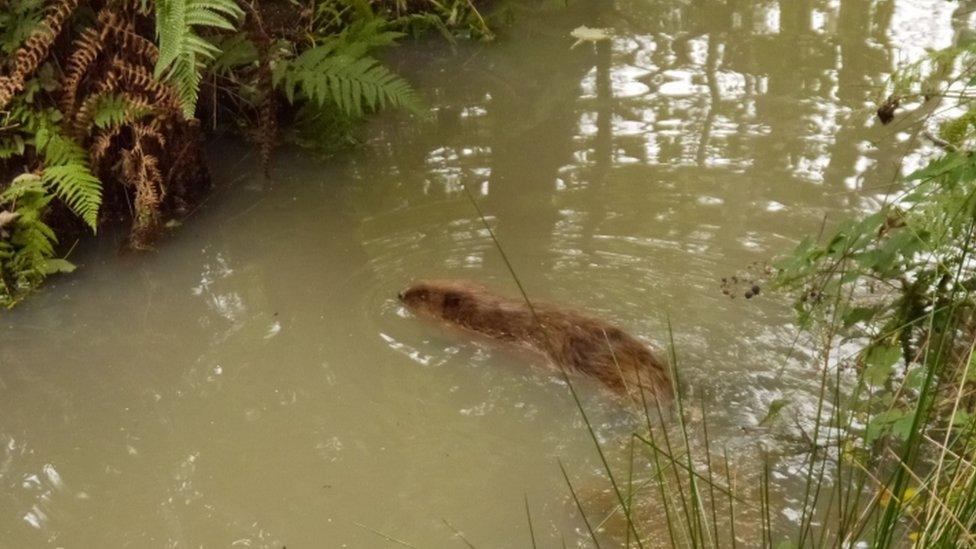
Conservationists are backing the return of beavers to restore wetland habitats, boost other wildlife, curb climate impacts such as increased flooding, and support eco-tourism.
However, landowners have raised concerns about the impact locally.
Some see beavers as 'engineers' of nature.
They can help restore wetland habitats by building dams and felling trees, which slows, stores and filters water in the landscape, and attracts other wildlife.
It can also help reduce flooding downstream.
Rob Stoneman, from The Wildlife Trusts said: "There's an impressive body of evidence to show how beavers can help to improve the quality of rivers and wetlands and the wildlife they support, improve water quality, and reduce flood risk, as well as contributing to carbon storage.
"Beavers are fabulous - they can do all of this free of charge."
But he added that "beavers are wild animals - and as their populations expand their activities will need managing."
We hope to see beavers accepted back in the countryside like any other native wild animal - particularly as they have a role to play in nature's recovery and British wildlife resilience in the climate emergency.
Professor Alastair Driver, director of Rewilding Britain, said beavers could help rewild the countryside - which was an important tool to tackle the nature and climate emergencies.
"Beavers can do much of that rewilding completely free of charge in river and wetland environments - so it really is a 'no-brainer' that with the right local community support and management strategies in place, we should return them back where they belong in our catchment."
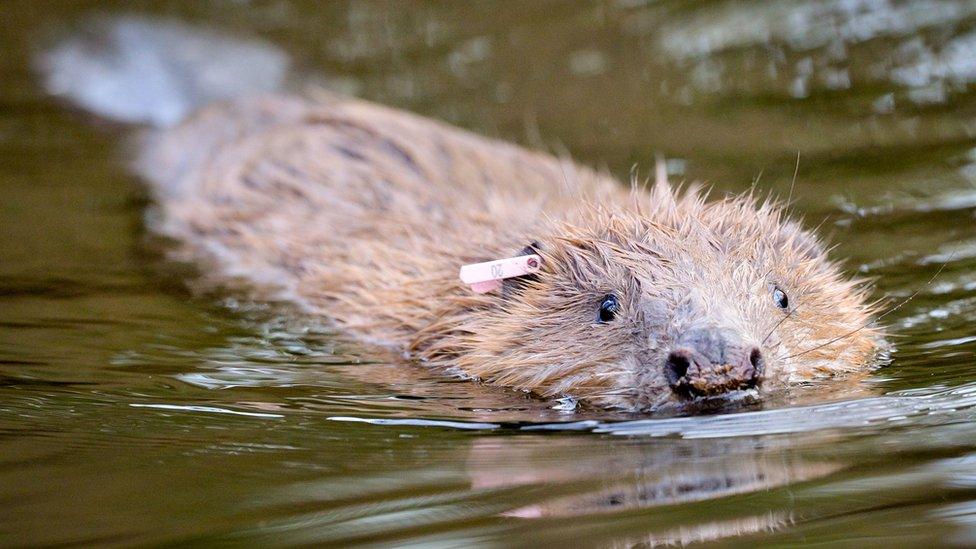
The National Farmer's Union (NFU) has warned that beaver reintroductions could have negative impacts such as damaging trees and impeding farmland drainage.
Both might affect farmers' ability to produce food.
Richard Bramley, chairman of the National Farmers' Union (BFU) environment forum, said: "It is positive that any reintroduction will be strictly licensed by Natural England and it is important any approved licensing includes a long-term management plan, developed with local farmers and backed with adequate funding.
"Any impact on a farmer's ability to produce food needs to be included as part of a full impact assessment carried out before any licence is issued."
He added that adequate compensation must be paid if there are financial impacts on farmers, and an exit strategy must be in place should major issues occur.
The measures would only apply to England. Scotland has also seen the return of beavers into the wild, with the Scottish Government giving them legal protection in 2019, although they can be killed under licence if they damage farmland.
- Published21 May 2021
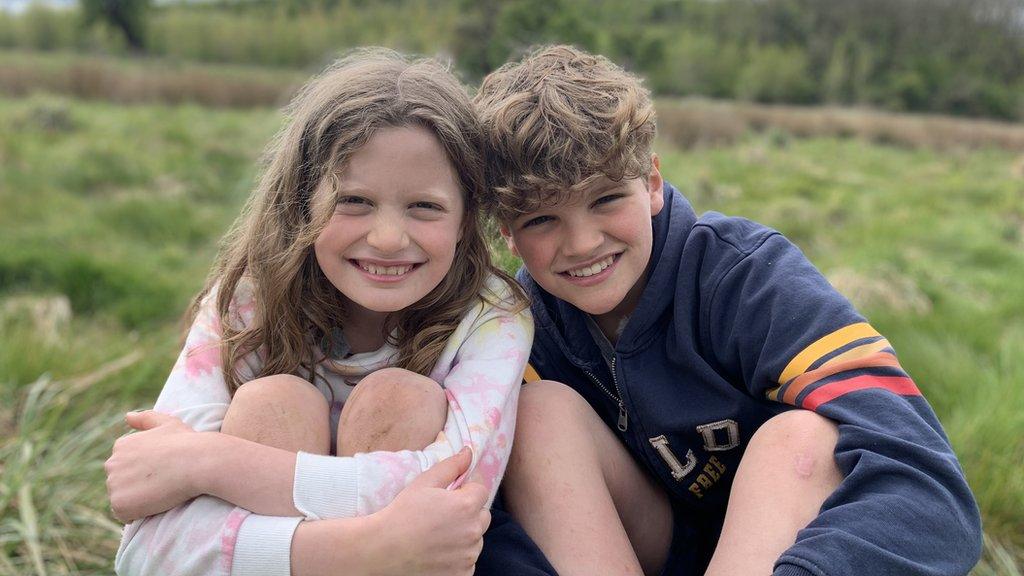
- Published12 July 2021
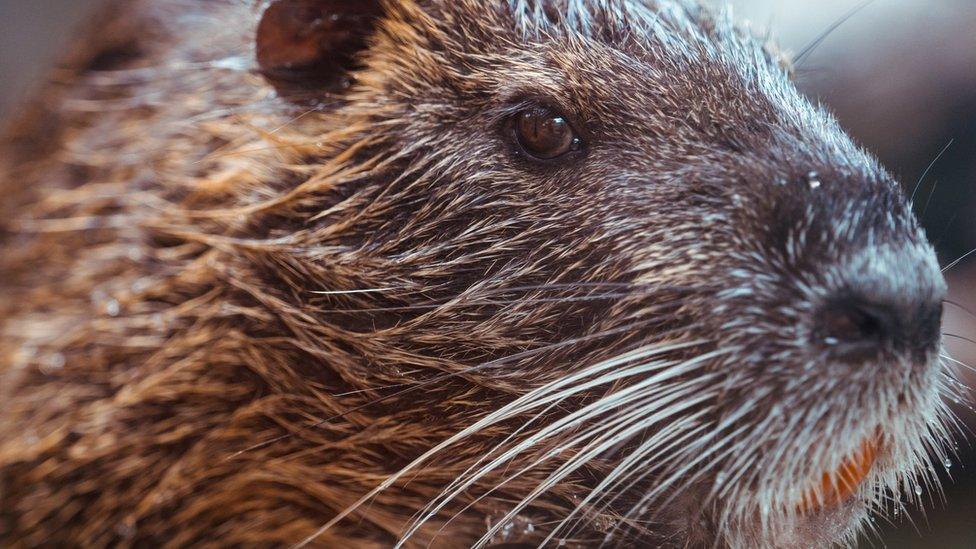
- Published20 November 2019
